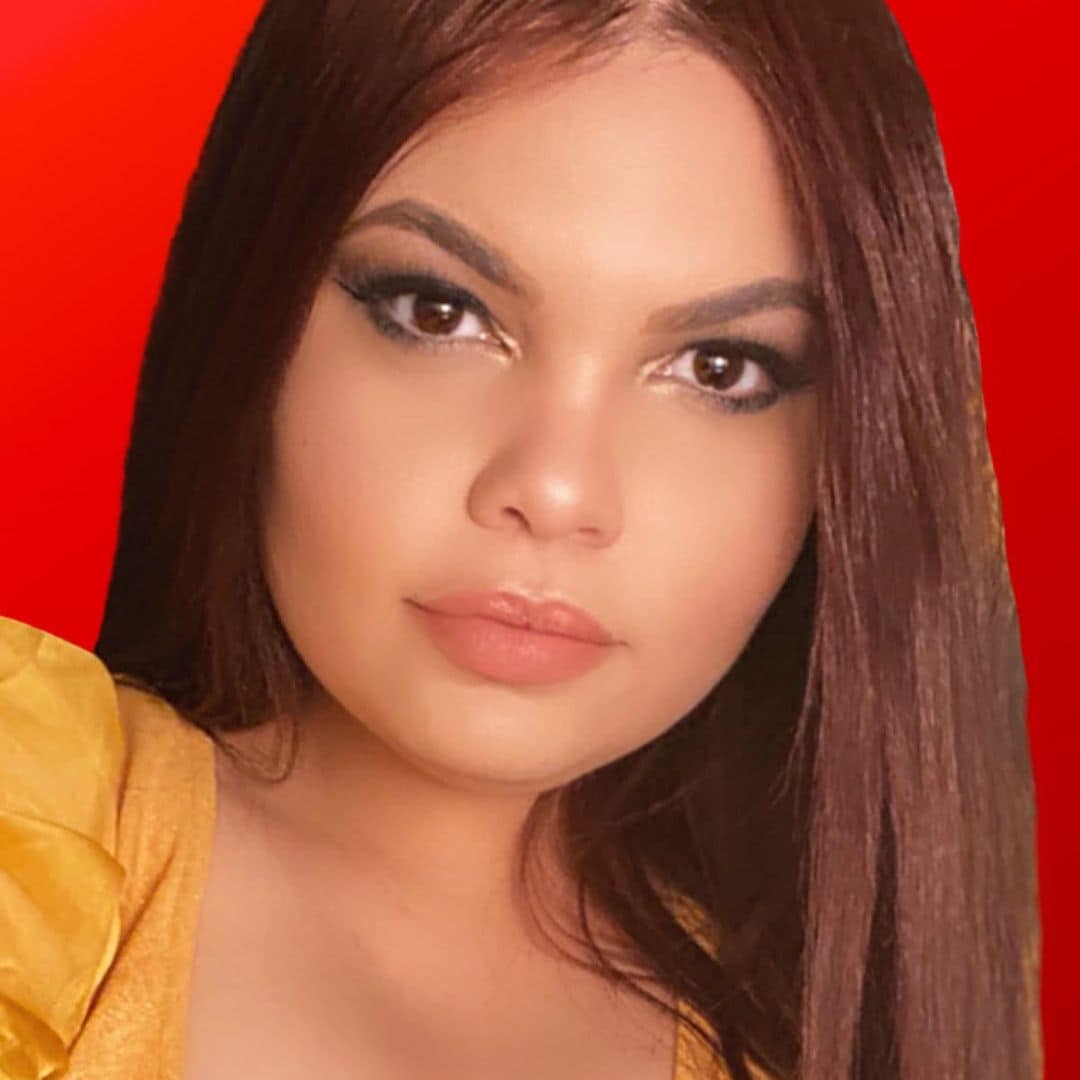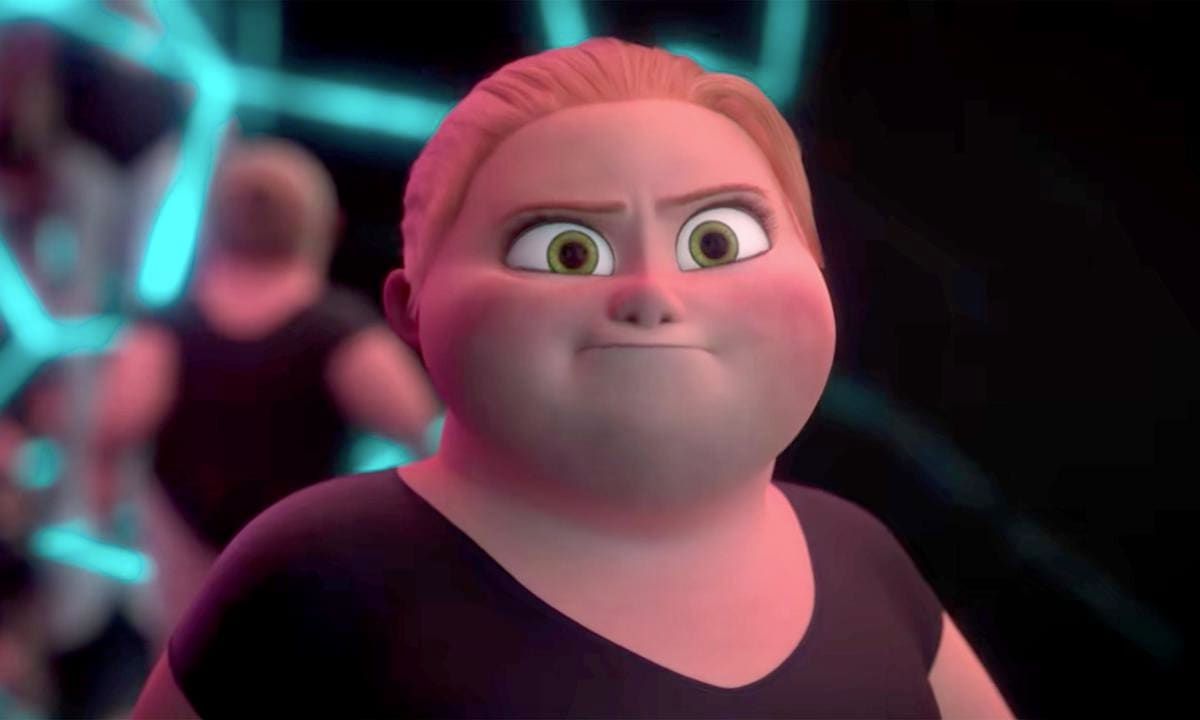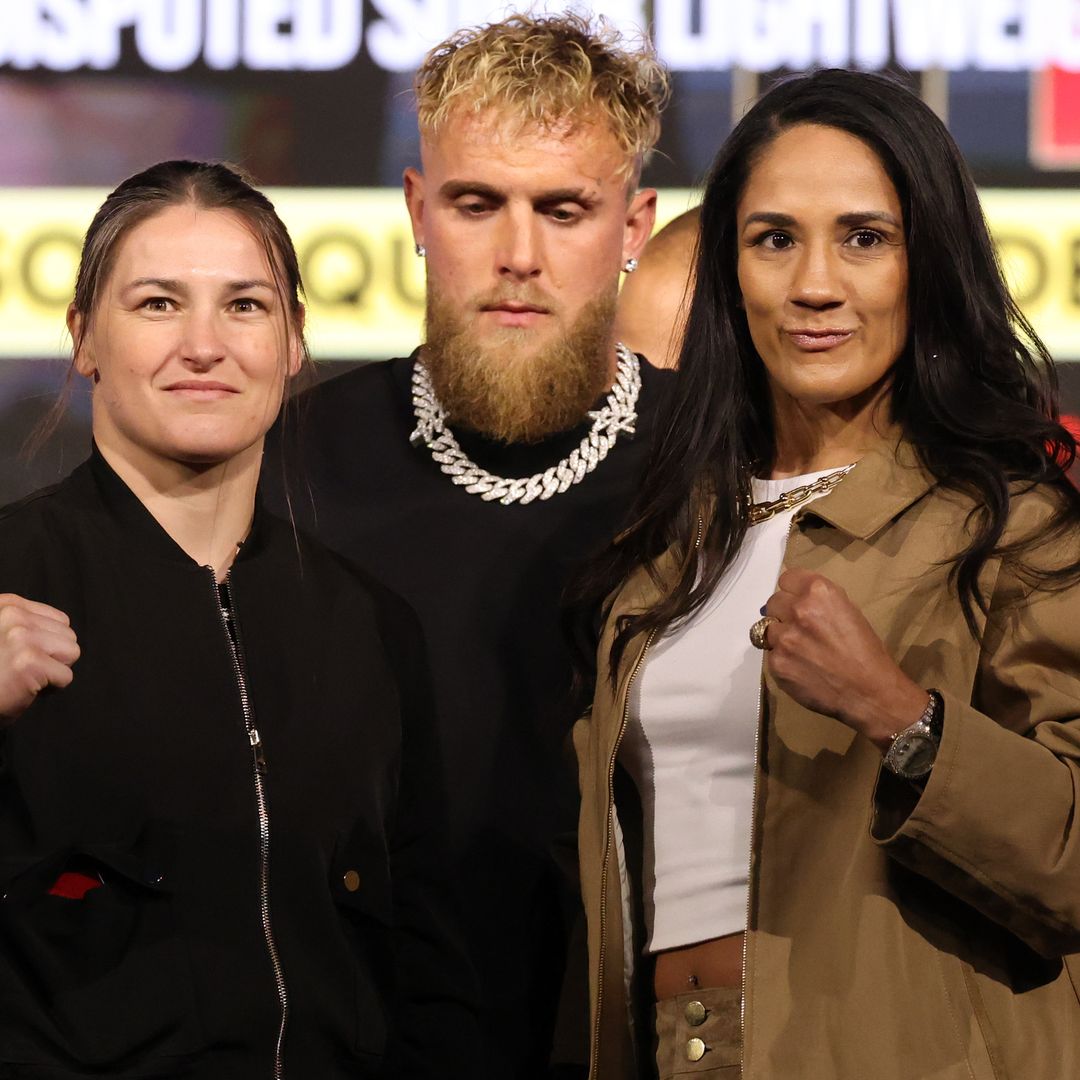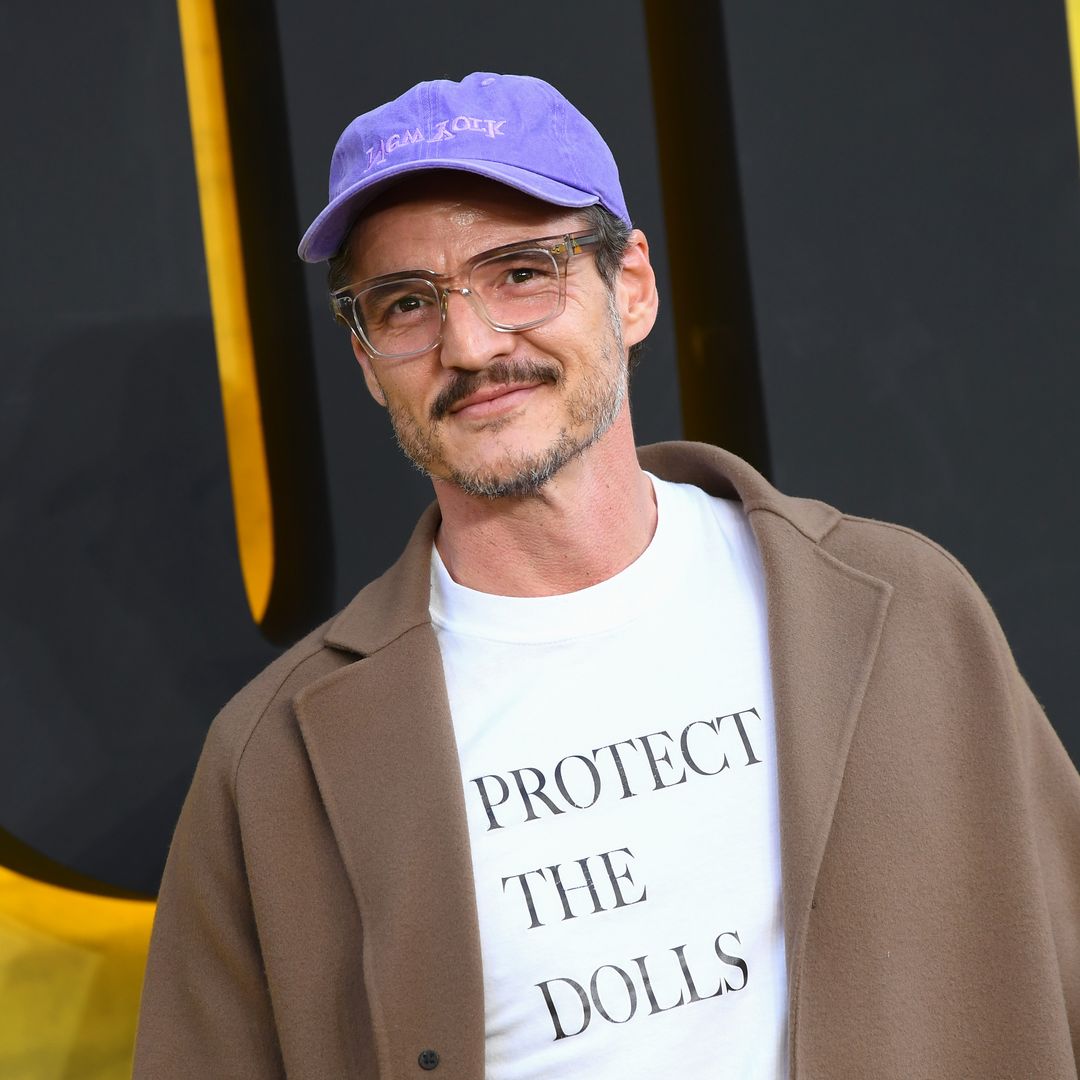Disney introduces its first plus-size female lead in a short film. Reflect is an animation movie that explores body positivity while telling the story of Bianca, a ballet dancer battling her reflection and “overcoming doubt and fear by channeling her inner strength, grace, and power.”
The project is part of Disney’s Short Circuit released on Disney+ in September. The six-minute animated film is directed by animation artist Hillary Bradfield, known for her work on Encanto and Frozen II. “Sometimes you go to the dark place to get to the good place. And that just makes the good place that much more beautiful,” she said, as reported by The Guardian.
What is body dysmorphia?
Body dysmorphic disorder (BDD), or body dysmorphia, is a mental health condition where a person constantly worries about their appearance. Anyone can have BDD, but it’s most common in teenagers and young adults.
How can we conquer body dysmorphia?
According to Mayo Clinic, treatment for body dysmorphic disorder can include cognitive behavioral therapy and medications.
Cognitive behavioral therapy
- Helping you learn how negative thoughts, emotional reactions and behaviors maintain problems over time
- Challenging automatic negative thoughts about your body image and learning more-flexible ways of thinking
- Learning alternate ways to handle urges or rituals to help reduce mirror checking, reassurance seeking or excess use of medical services
- Teaching you other behaviors to improve your mental health, such as addressing social avoidance and increasing engagement with healthy supports and activities
Medications
Mayo Clinic informs the are no medications approved by the U.S. Food and Drug Administration (FDA) to treat body dysmorphic disorder, however, some doctors offer medications used to treat other mental health conditions.
Mayo Clinic tops to help cope with body dysmorphic disorder
- Write in a journal. This can help you better identify negative thoughts, emotions and behaviors.
- Don’t become isolated. Try to participate in social activities and regularly get together with friends and family who can act as healthy supports.
- Take care of yourself. Eat healthy, stay physically active and get sufficient sleep.
- Join a support group. Connect with others facing similar challenges.
- Stay focused on your goals. Recovery is an ongoing process. Stay motivated by keeping your recovery goals in mind.
- Learn relaxation and stress management. Try practicing stress-reduction techniques such as meditation or deep breathing.
- Don’t make important decisions when you’re feeling distress or despair. You may not be thinking clearly and may regret your decisions later.
,type=downsize)





